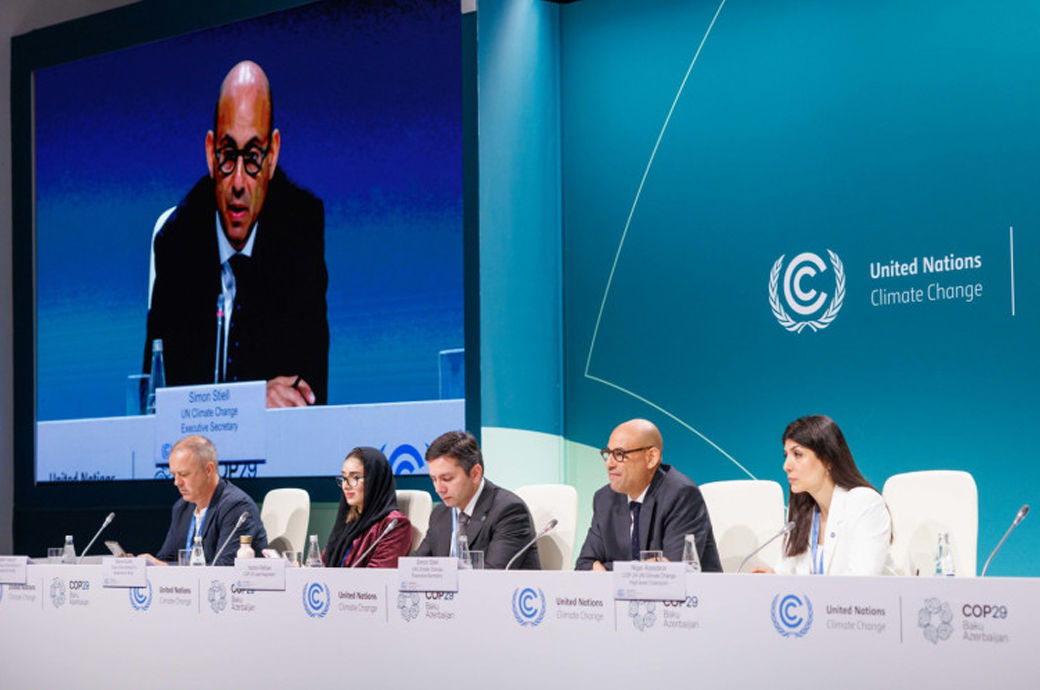
A global carbon market backed by the United Nations, which has been delayed repeatedly over the years, is expected to start functioning next year or so.
The 29th Conference of Parties, or COP29, is being attended by nations that are signatories to the United Nations Framework Convention on Climate Change (UNFCCC).
The opening plenary session of COP29 was reportedly delayed as the BASIC grouping, which includes Brazil, South Africa, India and China, demanded discussions on ‘climate change-related, trade-restrictive unilateral measures’ like Europe's Carbon Border Adjustment Mechanism (CBAM) to be included in the main agenda.
CBAM is a carbon tariff introduced by the European Union to penalise nations that export emission-intensive commodities, but do not have policies on carbon pricing. The United Kingdom is also set to implement its version of the tariff from 2027. Australia is also mulling over a similar move.
However, by late evening the COP29 presidency decided CBAM would be discussed only informally at the two-week summit.
Newly industrialised countries like India, China and South Africa have been critical of CBAM ever since it was proposed by the EU.
India has said it unfairly penalises developing nations. The EU’s ‘irrational standards’ are hurting businesses, and additional tariffs on select imports would force India to retaliate, Indian commerce minister Piyush Goyal had said in October.
Nations should "collectively oppose any measures to restrict trade and investment and setting up new green trade barriers, such as unilateral carbon border adjustment measures and due diligence requirements, with the pretext of addressing climate change, which is incompatible with multilateral rules and the cornerstone principles of the UNFCCC and the Paris Agreement," the submission by China on behalf of BASIC had said early this month.
In July this year, BASIC member nations had said similar moves by wealthy countries to implement carbon border taxes and trade-distorting subsidies were discriminatory.
Climate activists, however, criticised the way the deal was brokered.
Fibre2Fashion News Desk (DS)